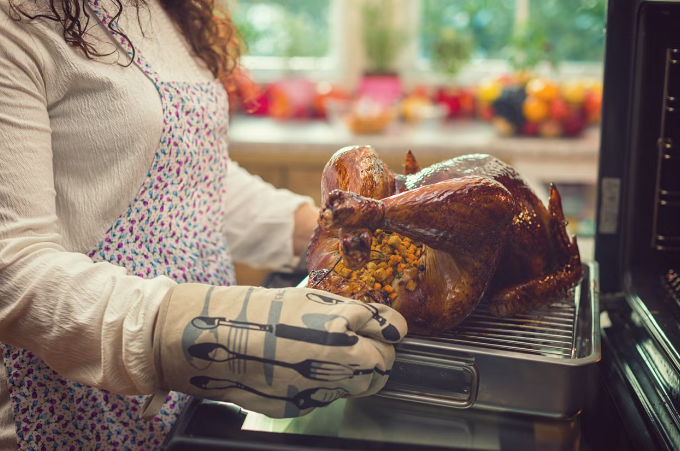When a teenage daughter challenges the meaning of Thanksgiving, a family contemplates letting go of the holiday
A few weeks ago, my sixteen-year-old daughter asked if we could skip Thanksgiving this year. Her request surprised me: no turkey, no mashed potatoes, no pumpkin pie? I was even more taken aback when she explained her reasoning. She said, “Thanksgiving honors the white genocide of Indigenous people,” using words that sounded both intense and deliberate. She made it clear that celebrating felt wrong to her.
Instinctively, I resisted her idea, though I struggled to explain why. Wasn’t Thanksgiving simply about gratitude and family time now? Still, my daughter’s perspective made me reconsider. Living as liberals in Seattle, we’ve always valued open-mindedness, and I’ve been deeply disturbed by the history of colonialism. Our own Thanksgiving traditions have been modest—no extended family gatherings or traditional casseroles to prepare for others. So, why did I feel the need to hold onto this meal on the last Thursday of November?
Reflecting on past Thanksgivings, I realized that my enjoyment only grew once my kids started helping me cook. Yet, even then, the holiday sometimes felt like an exercise in routine. My daughter’s request has left me wondering: could we reshape or even release this tradition? Might Thanksgiving become a day for us to question, learn, and honor history in a way that aligns with our values?

